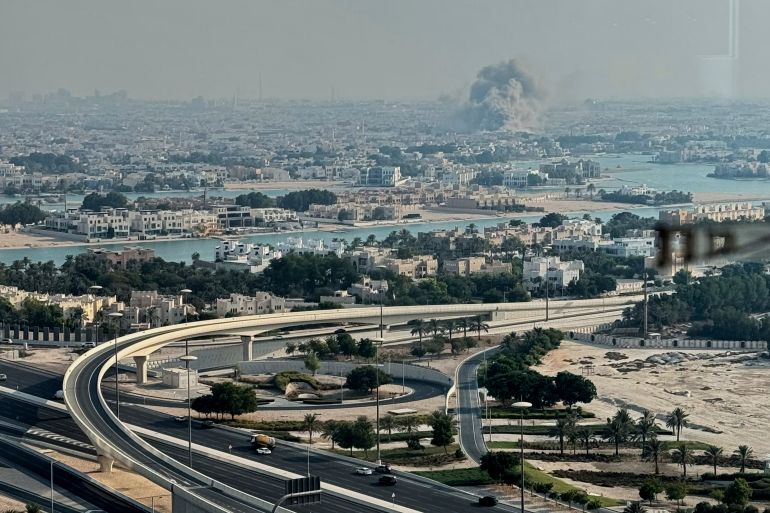BREAKING: Leaders from across the Arab and Islamic world are convening in Doha, Qatar, for an urgent summit following Israel’s missile strikes that targeted Hamas officials last week. The attack, which resulted in the deaths of five Hamas members and a Qatari security official, has escalated tensions in the Middle East and prompted calls for a formal response.
Israel launched the strikes while Hamas members were negotiating a potential peace deal proposed by U.S. President Donald Trump, aimed at ending the ongoing conflict in Gaza. The assault came just hours after Israeli Foreign Minister Gideon Saar confirmed Israel’s acceptance of the Trump proposal, which would exchange Palestinian prisoners for the release of 48 captives held by Hamas.
In response to the attack, the United Nations Security Council unanimously condemned Israel’s actions on Thursday, highlighting a growing international outcry against what many are calling state terrorism. Qatar’s Ministry of Foreign Affairs has announced that the summit will address a draft resolution condemning the Israeli strikes, signaling a collective Arab position against the aggression.
Qatar’s Foreign Minister, Majed bin Mohammed al-Ansari, stated that the summit will focus on “the Israeli attack” and the need for a united response. Scheduled meetings on Sunday and Monday will bring together leaders from the 57-member Organisation of Islamic Cooperation (OIC) and the 22-member Arab League to discuss strategic actions.
Among the confirmed attendees are Iran’s President Masoud Pezeshkian, Pakistan’s Prime Minister Shehbaz Sharif, and Malaysia’s Prime Minister Anwar Ibrahim. The urgency of the summit is underscored by Iran’s security chief, Ali Larijani, who warned Islamic nations of the need to establish a “joint operations room” to confront Israeli actions.
As discussions unfold in Doha, leaders are expected to issue a strongly worded statement against Israel and explore measures to counter its military aggressions, which have extended beyond Gaza to include strikes on Iran, Syria, Lebanon, and Yemen. The ongoing violence has shattered the sense of security in Qatar and neighboring states, prompting calls for enhanced security arrangements with the United States.
Furthermore, as leaders arrive in Doha, U.S. Secretary of State Marco Rubio is in Israel meeting with Prime Minister Benjamin Netanyahu to discuss plans that may include annexation of parts of the West Bank, an action deemed a “red line” by the United Arab Emirates. This complex geopolitical backdrop complicates the dynamics of the summit, as regional leaders consider their responses to both Israel’s actions and American policies.
The anticipated outcomes of the summit could include diplomatic measures such as downgrading ties with Israel and leveraging financial capabilities, including sovereign wealth funds, to impose economic restrictions on Israeli actions. Qatar has also expressed intentions to pursue legal avenues against Israeli violations of international law.
As this urgent situation develops, the international community watches closely, with the potential for significant repercussions across the Middle East. The summit represents a crucial moment for Arab and Islamic leaders to unite against perceived aggression and advocate for the rights of Palestinians amidst rising tensions.
Stay tuned for more updates as the summit progresses and the leaders formulate their responses to the ongoing crisis.
